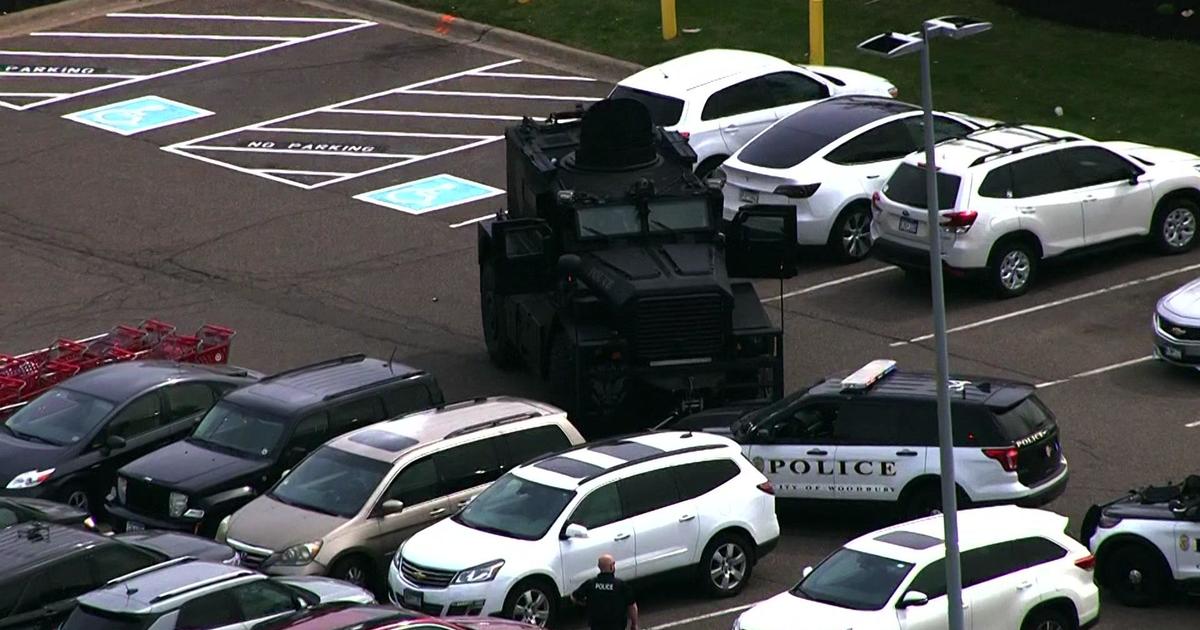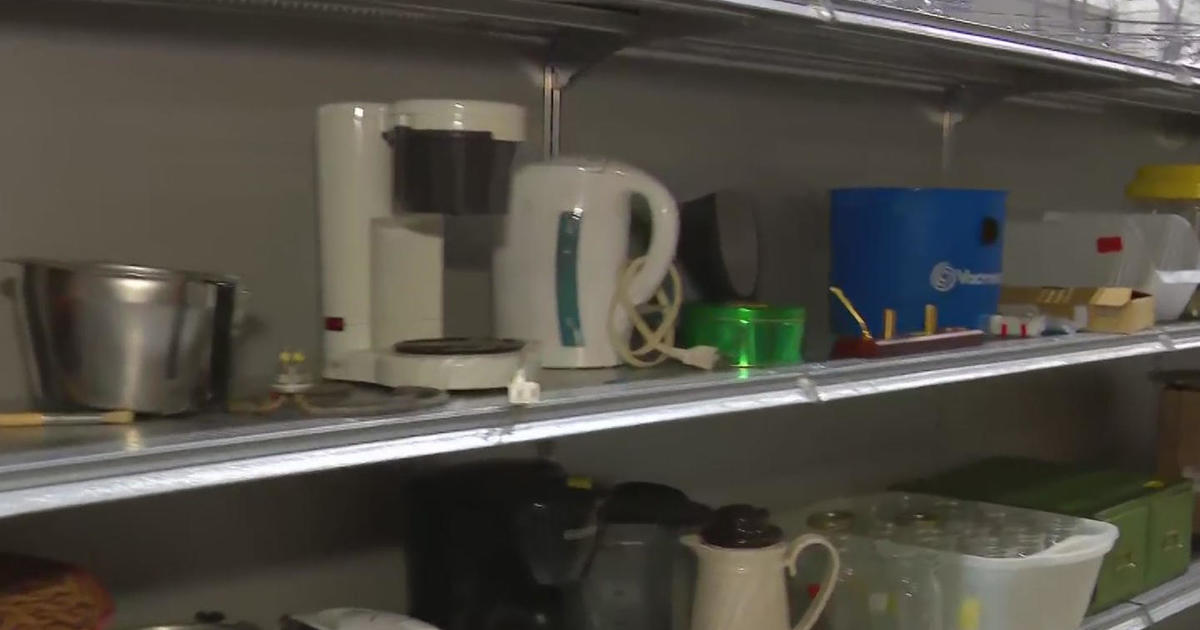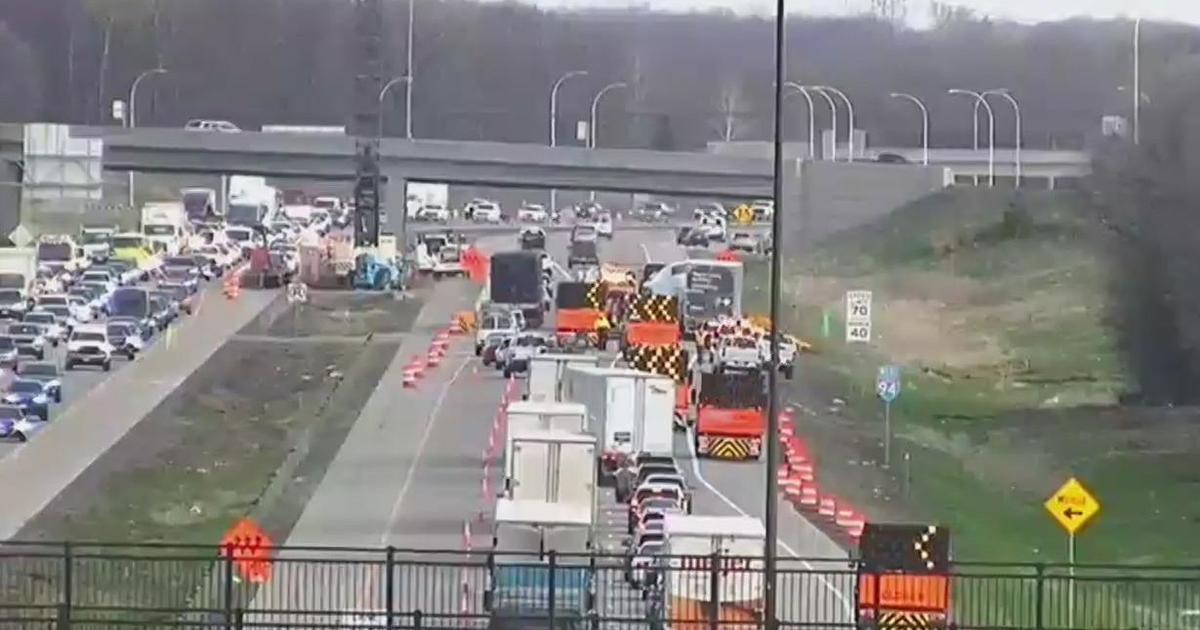Minn. City Asks Volunteers To Take Care Of Plants
VIRGINIA, Minn. (AP) -- The weeds were bothering Virginia City Councilor Don Sipola.
They had invaded the 65 planters and flower beds scattered throughout the city. But since 2009, after city officials decided they couldn't afford to buy $24,000 worth of bedding plants and flowers to fill them, there wasn't anything to keep the weeds away.
Until Sipola, also the chairman of the Virginia Community and Lakes Committee, turned to another source -- the community. Inspired by success in asking volunteers to clean up shoreline property in town, Sipola created a new "adopt-a-planter" program, inviting groups or individuals to plant and maintain the abandoned flower beds. Today, most of the city's planters have been adopted and will bloom again this summer.
As budgets tighten and money for niceties like flowers, park maintenance and litter cleanup dwindles, cities increasingly are asking residents to pitch in and help out. Some cities ask volunteers to keep fire hydrants shoveled clear of snow. Others reach out for help in building trails. The city of Woodbury, Minn., even has an "adopt-a-siren" program, in which residents listen for a particular warning siren each month to be sure it's functioning well.
"I know cities are starting to use more volunteers," said Lena Gould, a policy analyst for the League of Minnesota Cities.
While hard numbers for individual city programs are difficult to come by, "I see this (trend) as definitely continuing," Gould said. She said the league offers guidance about insurance and liability issues for cities that request it.
There can be challenges to opening the door to volunteers. The city of Virginia ran into resistance from union workers when volunteers wanted to help reopen the city's greenhouse and botanical gardens. And Scott Zlotnik, who directs the parks and recreation programs in St. Cloud, said it takes time to manage all the volunteer labor that shows up to clean up the city's parks.
"If you're trying to save money, to cut staffing and increase volunteering, you'll still need to manage those volunteers," Zlotnik said. Volunteers contribute between 6,000 and 10,000 hours of volunteer labor to the city's 92 parks, Zlotnik said. He said he spends an "enormous" amount of time coordinating those volunteers, who clean up litter, plant and maintain flowers, and work on capital improvement projects.
The best-known of all these programs may be the Minnesota Department of Transportation's "Adopt-a-Highway" program. Teams or individuals volunteer to clean up stretches of state roadways, clearing about 26,000 tons of litter from 12,000 miles of highway each year. The volunteers save the state an estimated $5 million in labor costs each year.
The city of Duluth has at least two large-scale volunteer projects, said Kathy Bergen, manager of the city's Parks and Recreation Department.
"The oldest is our adopt-a-park program," Bergen said. For the last several decades, groups have periodically descended on the city's 100-some parks to pick up litter and generally spruce things up. The success of that program spurred a more recent push to "adopt a trail, where volunteers can sign up to cut brush and perform minor trail maintenance on the city's nearly 96 miles of snowmobile and hiking and biking trails."
In 2009, 25 city parks and 13 trails throughout the city were adopted, Bergen said. Volunteers also contributed more than 18,000 volunteer hours for special improvement projects independent of the adoptive programs.
"If we didn't have these programs, our parks and trails would not be in anywhere near the condition they are in now," Bergen said. "This is the kind of maintenance that wouldn't get done. . It's work that the city staff just doesn't have the resources to accomplish."
Sipola said that volunteers step forward for several reasons.
"People don't want their city to look fallow," Sipola said. "We're involving community members in their own city, and they have the pride of doing it."
In St. Cloud, Zlotnik said, "We take the whole month of May, and accept anyone who wants to volunteer."
Some of those volunteers might clean up a park or roadway, so the department will provide gloves, vests, and bags. Others might want to plant trees on city property, so the city tries to work with them, Zlotnik said. It all helps make for stronger community, he said.
"Getting people to go to work (as volunteers) is crucial to our social equity," Zlotnik said.
And having something like a fire hydrant that's not buried in a crusty snowbank can be crucial to public safety, said Don Kleinschmidt, Mountain Iron's public works director.
For years, the city has had an informal "adopt-a-hydrant" program, where residents keep one of the city's 100 fire hydrants free of snow.
"It's not a formal program; we don't have people coming in and signing up," Kleinschmidt said. "But people are doing it on their own; I see quite a few hydrants around town that are cleaned."
It's something the city's few public works employees could never get to, Kleinschmidt said.
"We haven't had time to even think about doing it," he said. "It's never been a policy of the city that we clean around fire hydrants, though I imagine if we had the time and the money, we would."
There are still a few planters in Virginia that need new caretakers to fill them with flowers, driftwood, vegetables or whatever the adopter fancies. But Sipola is already thinking ahead. It would be wonderful to reopen the city's dormant Silver Lake Beach, Sipola believes, and that project could use a few good volunteers.
By JANNA GOERDT
Duluth News Tribune
(© Copyright 2011 The Associated Press. All Rights Reserved. This material may not be published, broadcast, rewritten or redistributed.)



